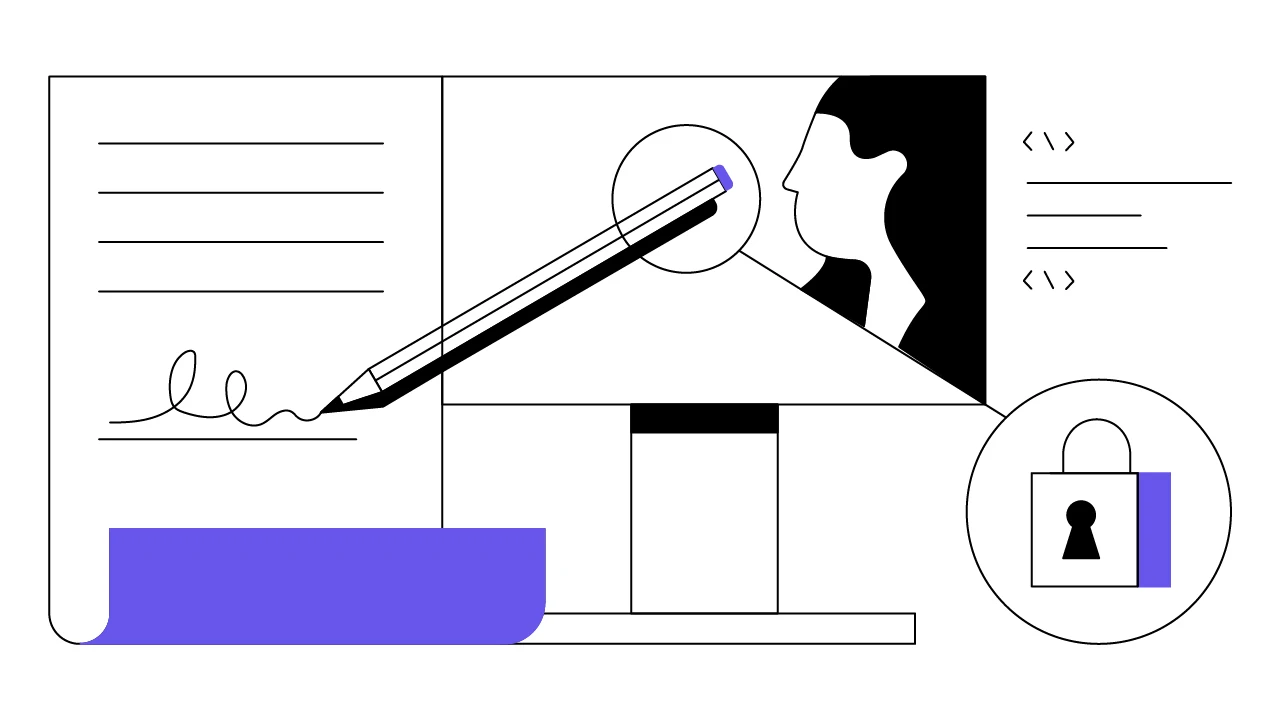New To Crypto?
So you’ve heard of Bitcoin — but where to begin? From tokens and blockchains to decentralized finance and NFTs, the world of crypto is vast and growing by the minute. But while it might sound complicated, it doesn’t have to be. If you’re searching for a crypto crash course, look no further than Cryptopedia’s guide to crypto 101.
View all articles
Unlock the future of money on Gemini
Start your crypto journey in minutes on the trusted crypto-native finance platform
Begin With Bitcoin
The introduction of Bitcoin in 2009 marked a paradigm shift in the evolution of technology and finance. Everything else you see or learn or hear about in crypto can trace its roots back to the original cryptocurrency. If you understand Bitcoin, it will serve as a strong foundation for all your crypto knowledge.
View all articles
The ABCs of NFTs
Non-fungible tokens (NFTs) are opening countless frontiers as a new medium that is evolving before our very eyes. Learn how these unique, blockchain-based digital assets are changing the face of art, music, gaming, collectibles, and more.
View all articles
A Deep Dive Into DeFi
Decentralized finance is delivering tremendous value and utility to consumers through automation-driven, blockchain-based financial products and services that are defining a new crypto-economy. Take a deep dive into DeFi to learn about some of the hottest projects in the sector.
View all articles
Learn From Our Experts
Cryptopedia is a platform where experts can deliver a deeper level of knowledge about their crypto projects. Learn about some of the most prominent, promising, and innovative crypto protocols in the world directly from the people that created them.
View all articles
Our Mission

552
Articles
242
Topics
57
Authors
Gemini’s mission is to empower individuals through crypto and we believe the first step is through understanding the mechanics and utility of this revolutionary asset class. Cryptopedia is a platform designed to facilitate that understanding by providing free, high-quality crypto education to the world. It is also a platform that crypto experts can leverage to deliver a deeper level of understanding about specific crypto projects and initiatives to the public. When exploring Cryptopedia we hope you acquire the knowledge that you seek and find inspiration in the ingenious technology and limitless possibility of crypto.
Meet our Experts










